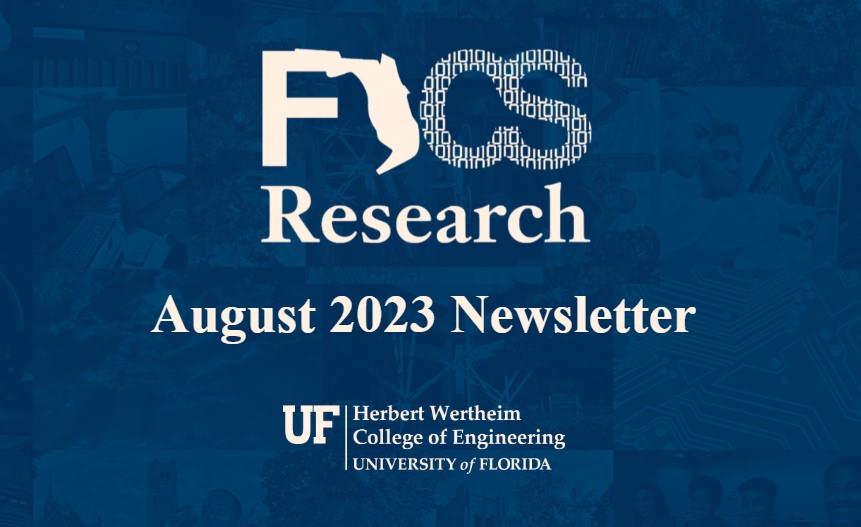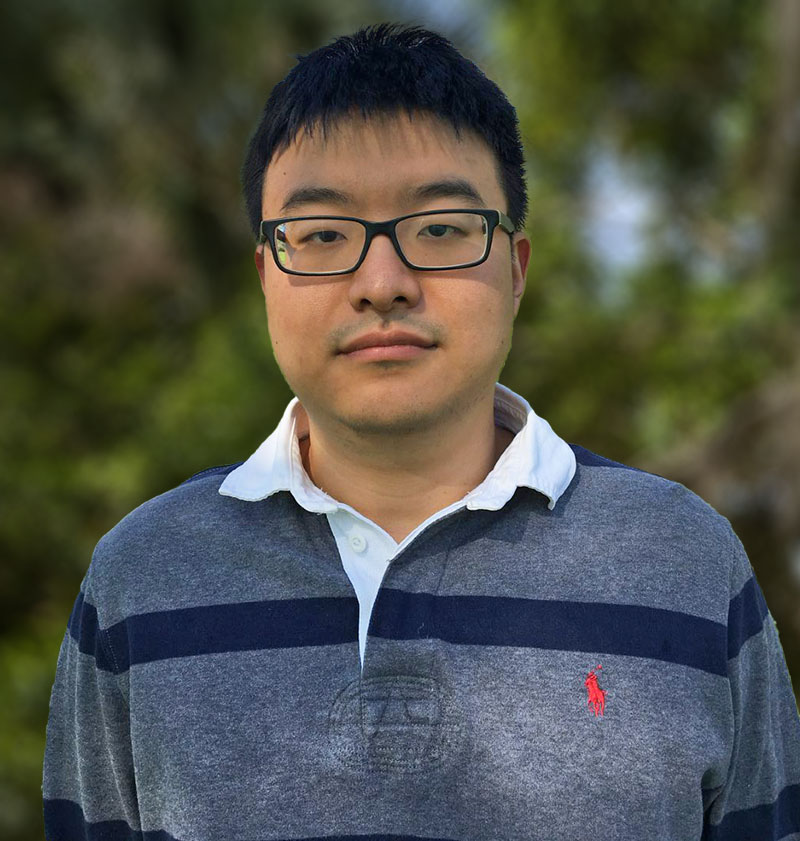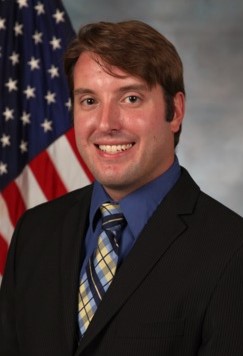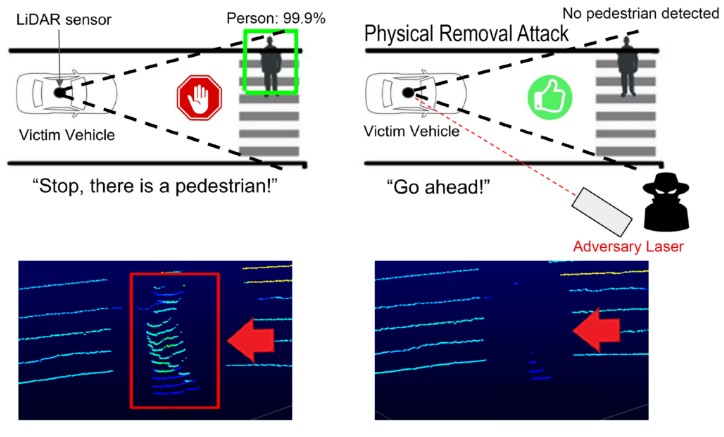

Recently the NSF Prism team was able to showcase the diverse research on marginalized and vulnerable populations at the 2023 USENIX Security Symposium in Anaheim, California. PRISM held a reception for over 100 researchers who were working with, or interested in working with, marginalized and vulnerable populations. This event fostered collaborations and is the first in a series of community-building activities to ensure researchers focus on this vital area within security and privacy.
This team is composed of FICS Research Director Dr. Kevin Butler, Dr. Patrick Traynor, and Dr. Eakta Jain, and collaborators from Indiana University Bloomington, University of Washington, and the Max Planck Institute. This diverse team has expertise in computer security, working with marginalized and vulnerable populations, and brings a broad range of research areas encompassing systems, network security, human-computer interaction, mixed-methods research, and psychology.
The Center for Privacy and Security for Marginalized and Vulnerable Populations (PRISM), was made possible with a 7.5 million grant from the National Science Foundation as a Secure and Trustworthy Cyberspace (SaTC) Frontier project, this NSF multi-directorate effort takes an interdisciplinary, comprehensive, and holistic approach to cybersecurity research and education. The research seeks to transform how the security community addresses the specific cybersecurity needs of marginalized and vulnerable (M&V) populations, by developing tools and methods to center those needs at the core of cybersecurity research and technology design as current and future computing technologies are designed, implemented, and employed. The Frontier-scale project will also examine the security and privacy needs of M&V populations, as current and future computing technologies are designed, implemented, and employed.
More information can be found here.
Please join FICS Research in welcoming our new faculty members.

Dr. Wang is an Assistant Professor in the Department of Mechanical and Aerospace Engineering. Prior to this, he held a Postdoctoral Researcher position in the Department of Electrical and Computer Engineering at Duke University. Dr. Wang earned his Ph.D. in Mechanical Engineering and his M.S. in Statistics and Mathematics from the University of Illinois at Urbana-Champaign (UIUC). His primary research focus lies in the theoretical and algorithmic foundations of automated system design, with a specific emphasis on security and privacy. More information can be found here.

Dr. Christopher “Chrispy” Petersen is an Assistant Professor in the Mechanical and Aerospace Engineering Department. His research interests lie in anything related to space guidance, navigation, control, and autonomy, with a particular focus on making techniques real-time implementable and usable for operators. Dr. Chrispy Petersen earned his Ph.D. (2016) & MS (2014) in Spacecraft Dynamics & Control in the Aerospace Engineering Department at the University of Michigan. Before that, he earned his BS summa cum laude in Aerospace Engineering from Syracuse University (2012), with minors in Electrical Engineering, Mathematics, and Music Performance. His research includes: Exploring and exploiting spacecraft dynamics, Advanced guidance, navigation, control and autonomy (GNCA), Real-time computationally aware optimization for spacecraft, and Immersive human-satellite interfaces. More information can be found here.
Recently Sri Hrushikesh Varma Bhupathiraju’s research on laser attacks blinding autonomous vehicles was presented at the recent USENIX Security Symposium.
This research was under the direction of Dr. Sara Rampazzi stating “We mimic the lidar reflections with our laser to make the sensor discount other reflections that are coming in from genuine obstacles. The lidar is still receiving genuine data from the obstacle, but the data are automatically discarded because our fake reflections are the only one perceived by the sensor.”
“It’s primarily a matter of synchronization of the laser with the lidar device. The information you need is usually publicly available from the manufacturer,” S. Hrushikesh Bhupathiraj states.
The research demonstrated the attack on moving vehicles and robots with the attacker placed about 15 feet away on the side of the road. With upgraded equipment, they said, an attack could theoretically be mounted from a greater distance. They said the equipment needed is fairly basic, but that the laser must be perfectly timed to the lidar sensor and moving vehicles must be carefully tracked to keep the laser pointing in the right direction.
This research has been featured in numerous articles including Techxplore, Repairdrivennews, Hackaday,Laser Focus World, and All About Circuits.
A video showing more information can be found here.


Recently, FICS Research hosted a presentation by Dr. Takeshi Sugawara entitled
“Laser Injection Attacks on Sensors and Analog Circuits”
The full talk is provided here.
New Student Spotlight
FICS Research is happy to welcome two new Research Assistants, Kevin Childs, and Kollin Labowski.

Kevin Childs is advised by FICS Research Director Dr. Kevin Butler. Kevin received his Undergraduate degree from North Carolina State University and his current research focuses on Security and Privacy and the societal impact of technology. He is currently training for an Ironman Triathlon. Welcome to FICS Kevin!

Kollin Labowski is pursuing his Ph.D. under the direction of Dr. Tom Shrimpton. He joins us after receiving his B.S. in Computer Science from West Virginia University. Kollin’s research focuses on Cryptography, Privacy, and Machine Learning. He is currently working on research regarding design-hiding schemes for integrated circuits. In his free time, Kollin enjoys playing bass guitar, going for walks, and playing board games. Welcome to FICS Kollin!
